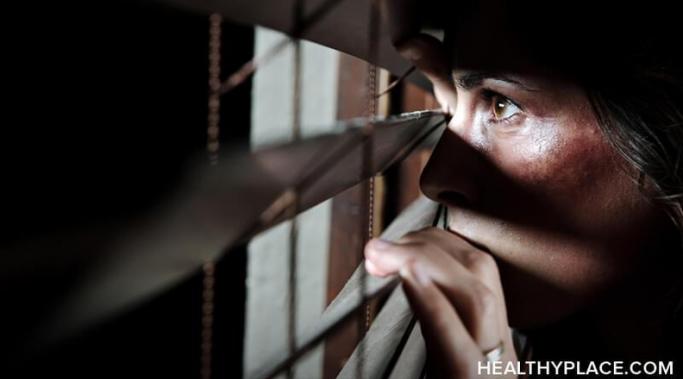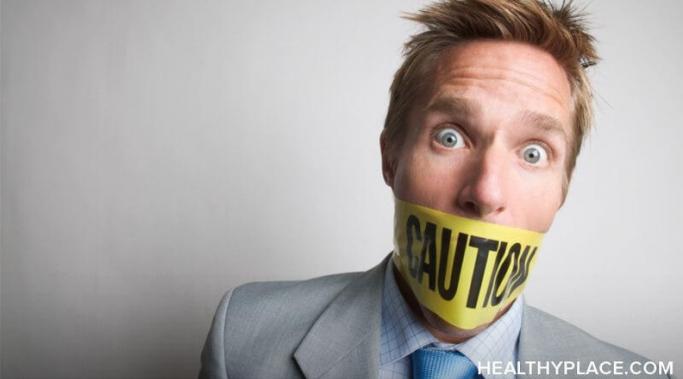When many people think of verbal abuse, they picture an angry person screaming insults or spewing vicious words, but passive aggressiveness can be verbally abusive, too. Verbal abuse doesn't have to include yelling or potential threats. Sometimes, passive-aggressive verbal abuse can be just as harmful.
Signs and Symptoms of Abuse
Athletes can experience verbal abuse while participating in a wide variety of activities, from team sports to individual competitions. This verbal abuse can cause stress and possible emotional harm to the athlete. Insults, name-calling, or put-downs will not make a swimmer move faster through the water or ensure a child will score a goal. In fact, the opposite often occurs. Athletes who experience verbal abuse can suffer from low self-esteem and have increased self-doubt, hindering their athletic abilities.
Verbal abuse can happen in team sports. Sports have existed for thousands of years, available to people of all cultures and ages. Unfortunately, so has verbal abuse. When these two worlds integrate, the results can be devastating. Verbal abuse in team sports can come from coaches, players, parents, or spectators, affecting everyone.
With verbal abuse, avoidance may be present with the abuser, the target, or both, depending on the situation. This tactic has two sides that can be helpful or harmful based on the contributing factors. Avoidance in verbal abuse is common.
Anytime a relationship includes verbal abuse, there are complications. The dynamics between individuals involving power and respect will skew, making it challenging to recover. Although some relationships can bounce back using therapy and adjusting to corrective behaviors, others will not. Relationships with verbal abusers will always be challenging.
Recently, I witnessed verbal abuse of a stranger during my hospital stay that made me angry. Because I've been the target of verbal abuse, I know how hurtful words can make someone feel. I wanted to ensure that no one would have to feel like I did because of verbal abuse. To get a clear picture of the situation, the verbal abuse of a stranger started in a hospital setting. It came from a healthcare aide who didn't want to deal with an elderly woman in a long-term care bed who needed help.
You always want to avoid verbal abuse. Unfortunately, for many individuals, this behavior is a regular occurrence. It can happen at home, school, or work, creating a stressful environment. In some cases, individuals can try to navigate away from verbal abuse, while others cannot. I am one of the lucky ones who got away from this negative situation and worked hard to avoid verbal abuse in the future.
My cancer diagnosis affected how I view verbal abuse. No one wants to hear the dreaded c-word after visiting their doctor repeatedly for medical issues. Unfortunately, my life was forever changed last year when my specialist called to tell me I had cancer after spending a year going through tests and scans. I quickly realized how my ailing physical health could help improve my life choices.
Initially, facing verbal abuse made me angry. Each individual can have many different experiences when facing verbal abuse. These circumstances can create a multitude of side effects, ranging from mild to extreme. In some cases, victims of verbal abuse may be angry, lash out at others, and continue the unhealthy cycle.
Jokes and pranks can be fun for some people, but they can be downright abusive for others. Not everyone will possess the same sense of humor, leaving the other person with conflicted feelings. Does this mean pranks and jokes are verbally abusive or cruel? For some, they can be. While jokes can be fun, hurtful or malicious words packaged in an entertaining method of delivery are still verbal abuse.









